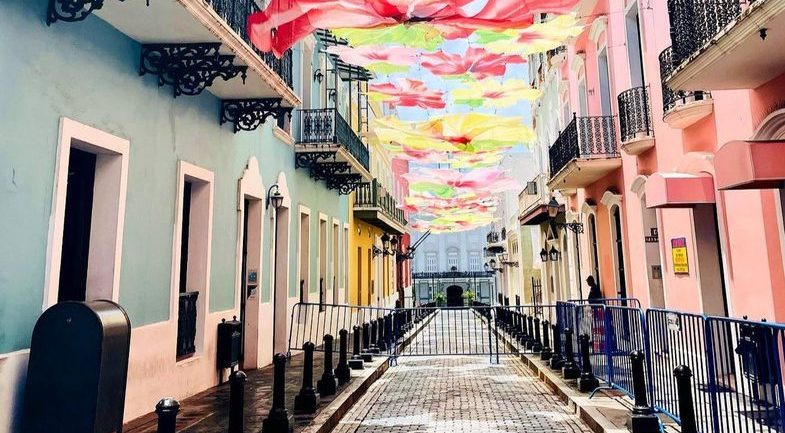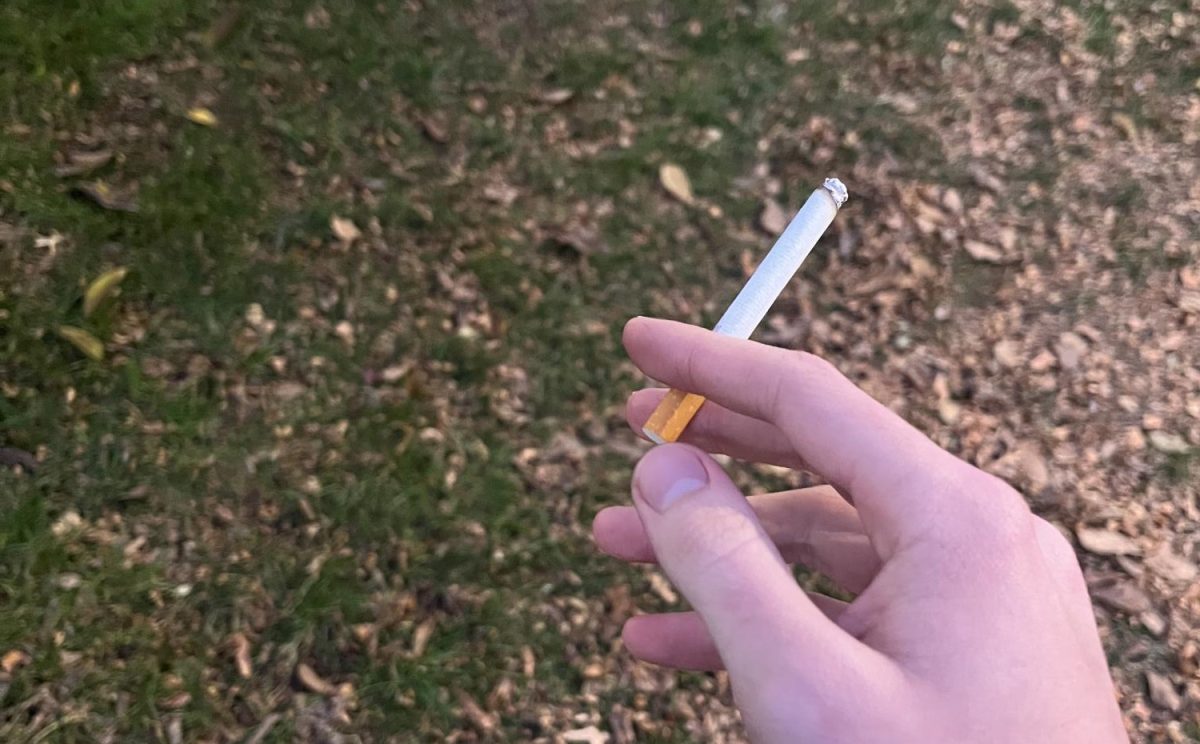The question of tourism in Puerto Rico is closely tied to the concerns of displacement in the island’s colonial history. Puerto Rico, a U.S. territory, faces significant social and economic challenges. However, tourism, an excellent direct source of income, can contribute to some of these challenges.
Since colonization, the Puerto Rican people have fought for the right to self-determination and independence. The ultimate intentions of the United States government regarding Puerto Rico were ambiguous from the war until the passage of the Jones Act in 1917. This act helped mandate and ensure citizenship for all Puerto Ricans, signing official intent to retain permanent possession of the island. The situation in Puerto Rico is complicated by its political status in the U.S. According to a study conducted by the Department of Economic Development and Concern, since 2012, about 4,500 businesses relocated from the United States to Puerto Rico. Thousands of high-net-worth individuals have moved to the island to profit from these tax breaks. According to an article published in ReVista, the Harvard Review of Latin America, “the Puerto Rican government has offered wealthy Americans a rare deal: move to Puerto Rico and pay no taxes on interest, dividends, capital gains, or crypto assets.”
So the question stands: should Puerto Rico be a self-determined and independent nation? Well, economically, local Puerto Ricans are in serious trouble concerning housing estates, unable to afford the local, luxurious houses that only wealthy Americans can afford. The idea of the exchange on property placements results in a mass displacement of Puerto Ricans who make less than what is being sold. Withstanding an unemployment rate of 9%, about 41.7% of Puerto Ricans are living in poverty, with a home price in the capital city of San Juan standing at $905,000 in January 2024. The economic gap between locals and the country’s estate is too large. The burden of gentrification — unemployment and opportunities — significantly hurdles Puerto Rico’s independence.
Regarding tourism, Puerto Rico is slowly but surely losing its identity. By all means, Puerto Rico is becoming more of an island for tourists. The growing influence of tourism is even shifting what seemed to be the native first language, Spanish to now, English. At local businesses, many Puerto Ricans living in the capital city, San Juan, hire non-Spanish speakers to work with the rise of tourism. Federico Cintrón-Moscoso, an educator, researcher and community organizer born in San Juan who is the program director at El Puente, a human rights organization based in New York and Puerto Rico, even mentions the songs and symbols “don’t represent the local culture,” excluding locals from experiencing it. With that, protesting is seemingly becoming more and more common, and locals are slowly calling for resistance. The strongholds of culture and practices that fight that displacement and the colonization of Puerto Rico remain immense.
Similarly, in several ways, Puerto Rico can be compared to the USA’s other territory, Hawaii. Both islands were created through imperialism and colonization and face similar tourism issues. Like Hawaii, Puerto Rico was annexed to the U.S. in the late 19th century with limited voting privileges. The Song “Lo Que Pasó a Hawaii” captures the struggles between Indigenous and local communities to keep their land and culture with the constant ongoing invasion of tourists on their island. Without tourism, Hawaii and Puerto Rico could not evolve or adapt economically. Without benefiting the local population equally, it can lead to negative consequences such as rising property costs, the displacement of locals and a loss of local culture and identity. A love-hate relationship, one could call it.
Even popular artists like Bad Bunny are drawn to the concern about Puerto Rico. Bunny is concerned about infrastructure, opportunities, growth for the future, electricity and gentfrication. Similar to the many Puerto Rican locals, Bad Bunny, a singer and representative of Puerto Rico himself, shares that many songs are linked with the story of displacement. Still, for many young Puerto Ricans, “Debir Tirar Mas Fotos” is “the closest they will get to voicing those fears and those anxieties” about the island’s future, he said. Advocates for independence argue that it would allow Puerto Ricans more control over their political, economic and cultural future. On the other hand, some say that staying in U.S. territory — or even seeking statehood — could provide more excellent stability and access to resources that independence might not offer.
Ultimately, the question of ethics in tourism and self-determination is intertwined with more significant issues of justice, sovereignty and the long history of colonialism. The well-being of the local people should always be a central consideration in these debates, and tourism should be approached in ways that benefit locals rather than exacerbate inequalities.
Bridgette Leahy, FCRH ’27, is a journalism major from Basking Ridge, N.J.






































































































































































































